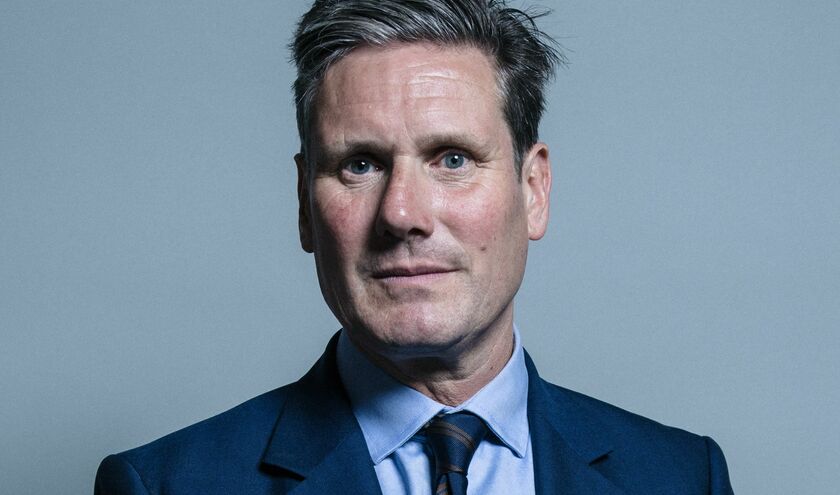Starmer said millions of patients will be access to appointments closer to home and receive treatment under NHS England's Elective Reform Plan.
The PM said: ‘This is a key plank of our Plan for Change, which will drive growth that puts more money in people's pockets, secures our borders and makes the NHS fit for the future so what working people live longer, healthier, more prosperous lives.'
The plan pledges that 65% of patients will be treated within 18 weeks by the end of 2026, equivalent to a fall of more than 450,000 people.
Opening Community Diagnostic Centres (CDCs) for longer and bringing 17 new and expanded surgical hubs online is expected to create up to half a million appointments a year.
The plans also involve increasing the availability of same-day tests and consultations, expanding the range of tests available at CDCs and enabling GPs to direct patients straight to diagnostic testing so that they receive their tests quicker, before having to see a specialist.
In addition, 14 new surgical hubs will be created within existing hospitals by June and three others expanded - with more expected in coming years supported by the £1.5bn capital investment confirmed at the Autumn Budget.
Reaction
While welcoming the target of reducing waits as a ‘worthy goal', Sarah Woolnough, chief executive of the King's Fund called for a ‘more wide-ranging and fundamental review of health service targets so that they incentivise the improvements to services that patients need'.
‘If the NHS becomes too focused on achieving one hospital care target, it risks undermining more fundamental, long-term reforms designed to prevent illness, move more care out of hospitals, and create an NHS "fit for the future",' Woolnough added.
Tim Gardner, assistant director of Policy at the Health Foundation, said the Government's 18-week target was ‘highly ambitious' and would mean the waiting list falling by over three million over the next four years.
Gardner said the target should come with ‘improvements across the wider health and care system, including significant investment in additional capacity in both primary and acute care, new technology and skills to streamline services and boost productivity, as well as reform and investment in social care'.
Liberal Democrat health and social care spokesperson, Helen Morgan, said: ‘The Government risks putting hip replacements over heart attacks unless it brings forward a wider set of measures to improve emergency care and delivers social care reform at speed, not years from now.'
NHS Confederation chief executive Matthew Taylor said: ‘This updated elective plan is a serious attempt to reduce waiting lists in a more sustainable way and marks an important step forward in helping bring an end to a period of long waits.'



